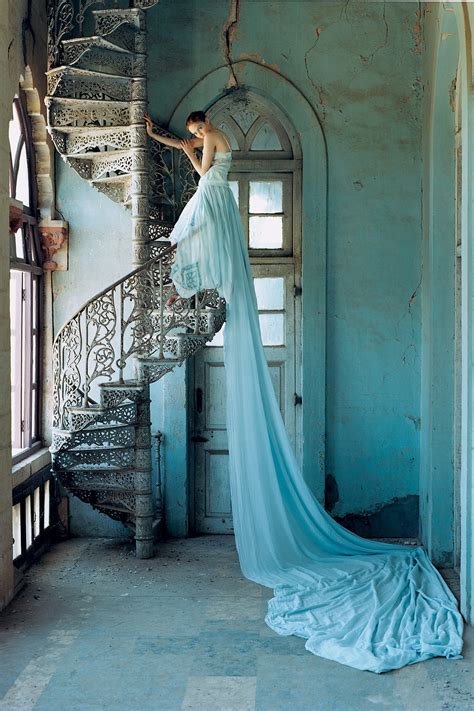A Quote by Susan Sontag
The photographer's intentions do not determine the meaning of a photograph, which will have its own career, blown by the whims and loyalties of the diverse communities that have use for it.
Quote Topics
Related Quotes
A photograph records both the thing in front of the camera and the conditions of its making... A photograph is also a document of the state of mind of the photographer. And if you were to extend the idea of the set-up photograph beyond just physically setting up the picture, I would argue that the photographer wills the picture into being.
I never had any intention nor interest in being an artist, but when I made work I realized that this was my language. What I had to say needed to be said in this way. I always loved taking photographs - but never considered myself a photographer. I have tremendous respect for photographers. I do use a camera and a photo as a basis for a lot of my work, but I use it as a means to attain an image to work from. The actual photography in my work is a monochromatic photograph. I'll photograph something and extract a color that will then be the background for a painting.
Because each photograph is only a fragment, its moral and emotional weight depends on where it is inserted. A photograph changes according to the context in which it is seen: thus Smith's Minamata photographs will seem different on a contact sheet, in a gallery, in a political demonstration, in a police file, in a photographic magazine, in a book, on a living-room wall. Each o these situations suggest a different use for the photographs but none can secure their meaning.
Look at the things around you, the immediate world around you. If you are alive, it will mean something to you, and if you care enough about photography, and if you know how to use it, you will want to photograph that meaningness. If you let other people's vision get between the world and your own, you will achieve that extremely common and worthless thing, a pictorial photograph.
The images which the [press] photographer has filtered from reality, whether particular events or the anguish of human reactions to them, already bear a stamp of authenticity which the photographer is powerless to alter by one jot or tittle; the meaning of the objects, by a process of purification, itself becomes the theme of the work.
In a world in which the United States does less, whatever set of calculations, other countries will tend to calculate - to move in one of two ways. Either they will assuage or, to use a more loaded term, appease the strongest power in the neighborhood with all the consequences of that, or they will determine to take matters into their own hands.

































